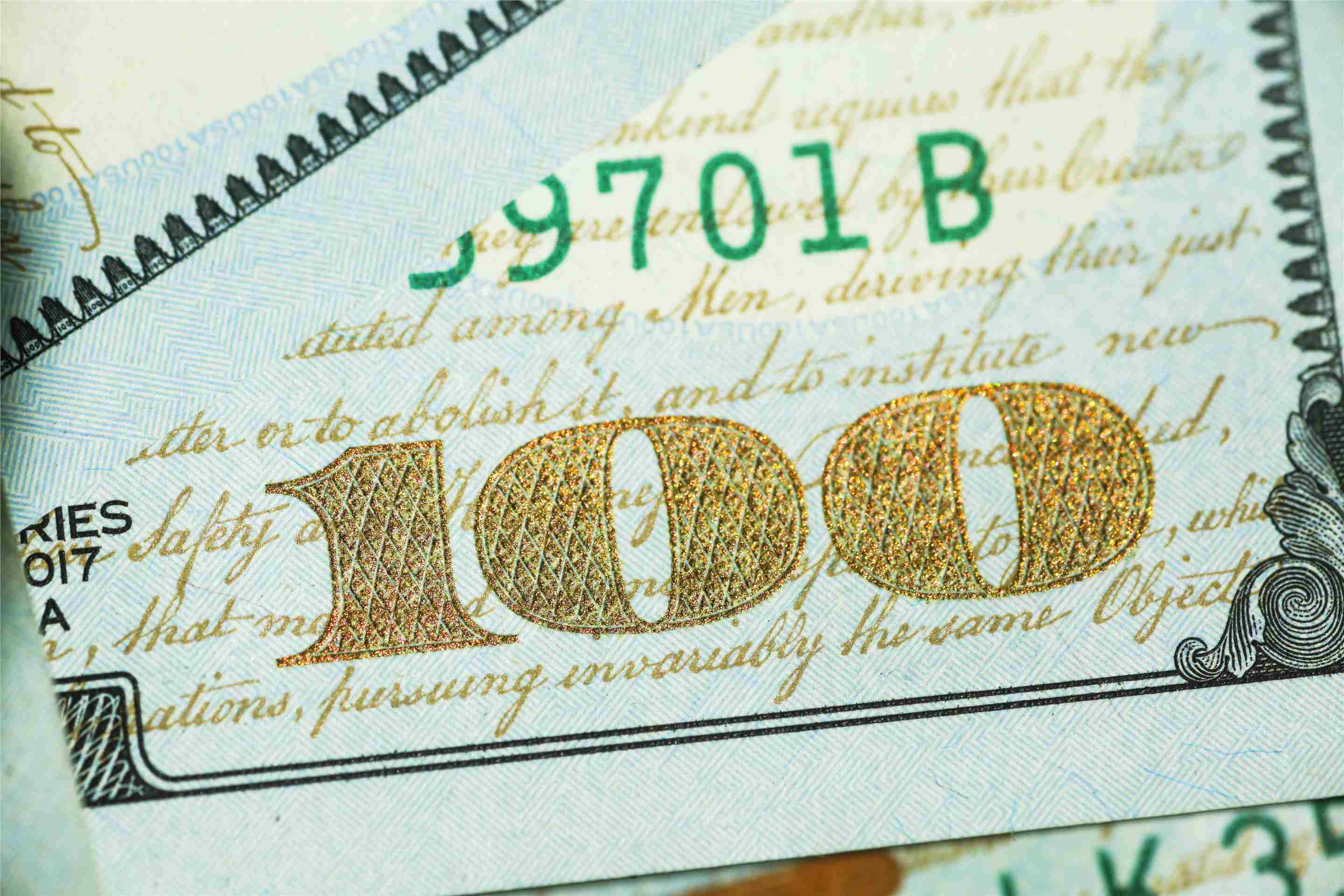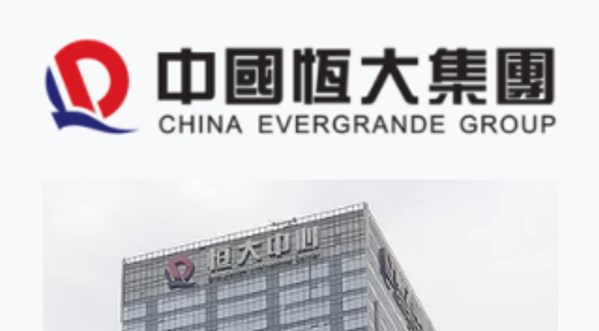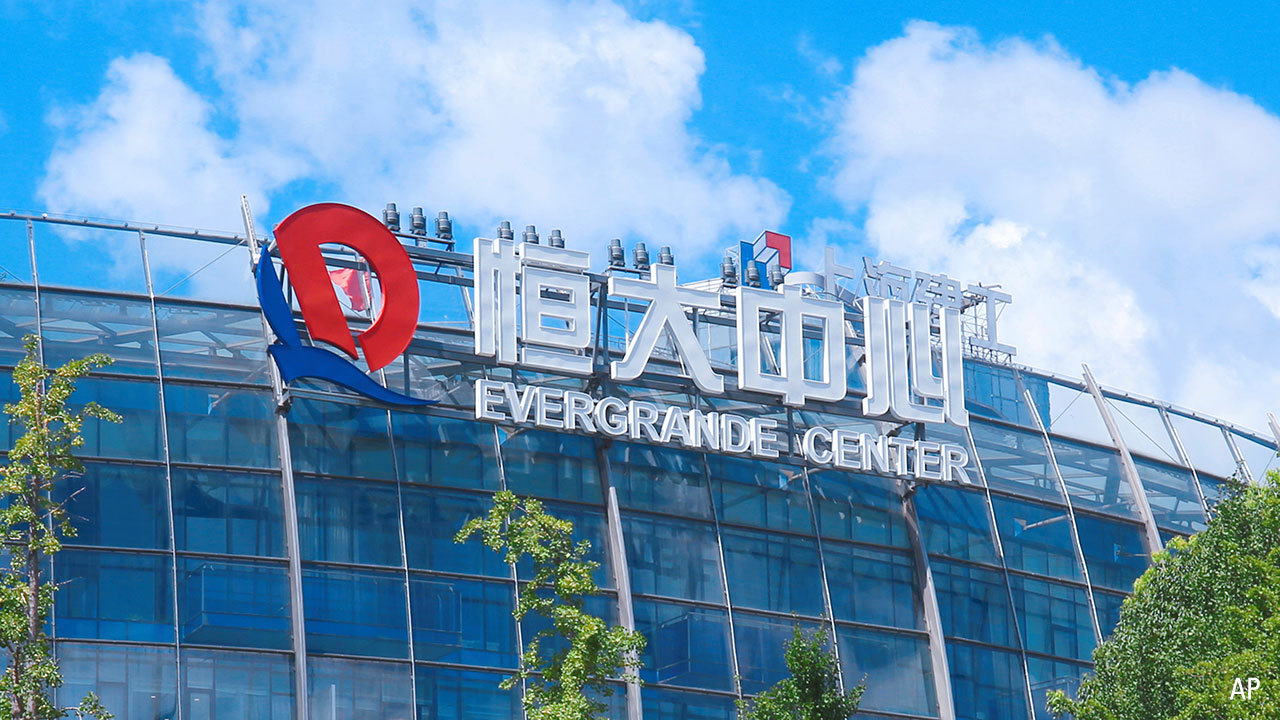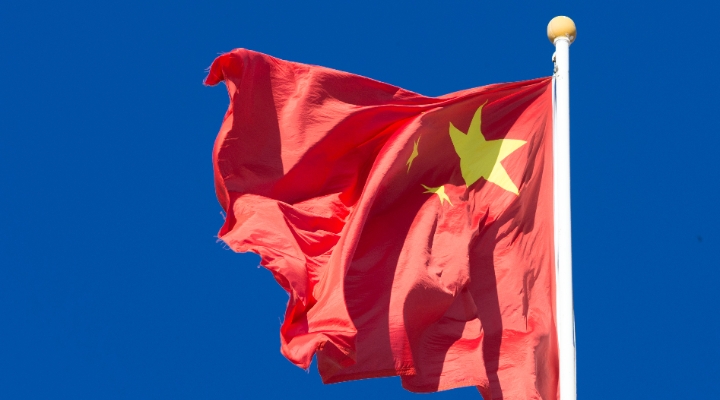
The drama continues in the ongoing saga of the China Evergrande Group (03333) as the markets count the days until (what some experts say is) an inevitable default of two of its offshore bond securities. In the latest twist, the group made it to fund coupon payment to offshore investors just days before the end of the grace period, Reuters reported, citing the state-backed Securities Times in China.
There have been more twists and turns in this week. The group has failed to sell off some of its assets to Hopson Development (00754), a smaller-scale competitor. Hopson intended to acquire about 51% shares in Evergrande Property Services (06666).
Meanwhile, negative headlines about the cash-strapped firm pile up, even as it has not made any public comments on the situation. Trading in shares of China Evergrande Group, Evergrande Property Services Group, and Hopson resumed on October 21. China Evergrande Group closed at HK$ 2.58 and saw another single day drop of 12.5%.
Our equity analysts observe that investor sentiment towards the capital markets – outside of the Evergrande and related parties – has slowly been recovering.
Government's Stance
“The first signs of easing policies are emerging after weak property sector sales numbers were released. The People’s Bank of China’s recent meeting in mid-October reflects the regulator’s determination to contain property risks by ensuring liquidity access to developers and projects. These steps are intended to safeguard the interests of millions of homebuyers, suppliers and the staff of the indebted companies,” said Cheng Wee Tan, senior equity analyst at Morningstar
From the bond perspective, Rohini Malkani, senior vice president for global sovereign ratings at DBRS Morningstar, also expects a similar priority line-up. After homebuyers, retail investors, suppliers and contractors to Evergrande, local banks and bondholders would probably be next on line, possibly with haircuts. The dollar bond investors will follow these (as there are multiple payments lining up).
Even with authorities’ intervention in the past weeks, Tan does not believe that the Chinese government will bail out Evergrande and its founder Xu Jiayin. saying “Until now, the Evergrande incident can still be considered an isolated case of a single company’s mismanagement. Most real estate businesses have stable operations. The government should only be stepping in as a last resort.”
DBRS’s Malkani writes in a note that she expects a default by Evergrande could result in short term pain, but over the medium term, this incident is “likely to improve the pricing of credit and efficiency of capital.”
Impact on China’s Economy
The Evergrande complex’s massive loan book size had investors fearing contagion not only to the local banking and financial system, but also internationally. Investors also worried that a disorderly default of Evergrande’s debt would take a toll on the real economy of consumption to employment, given that housing accounts for 78% of Chinese household assets, according to DBRS Morningstar. Judging by the sector’s loan scale, investor fears are real. China’s debt is roughly 170% of the country’s total GDP and property loans take up 40%.
On the positive side, Malkani says the Chinese systems (backed by the major state-owned banks) should have adequate capacity and support to absorb any resulting credit losses. “China has both monetary and fiscal space to ringfence the fallout in the property market as indicated by its high domestic savings, low borrowing costs, and large assets which include state-owned assets, foreign reserve assets held by the government, social security funds, and government deposits with the central bank,” she said.
She believes there are more reasons to support China’s credit market outlook – the top leadership in China’s ruling party has been working to reduce the economy’s reliance on debt, and building a growth model that is driven by domestic consumption and services. The DBRS team says such a transition will likely lead to slower but more sustainable growth in the future.
Specifically to the property sector, land sales have been a source of cash for Chinese municipal governments to finance spending. Malkani foresees that a lackluster property market may pass on negative impacts to the state-level investment. “A sharp and lasting slowdown could result in China’s growth slowing further than the IMF estimates of 5.2% average growth during 2022-26,” estimates Malkani.
Note: On October 22, China Evergrande Group is reportedly settled a US$83.5 million coupon to holders of its 8.25% March 2022 dollar bond (ISIN: XS1580431143). This also means the company avoids from plunging into a formal default by the end of the 30-day grace period. According to Morningstar Direct, this bond issue is one of the widely-held securities among the Asian high yield bond fund managers. China Evergrande Group’s offshore debt amounts to nearly US$ 20 billion, opposed to its total outstanding debt of US$300 billion. The market is also keeping an eye on October 29, the date on which the company mighst default on another interest payment on its 9.5% March 2024 dollar bond.
©2021 Morningstar. All rights reserved. The information, data, analyses and opinions presented herein do not constitute investment advice; are provided as of the date written, solely for informational purposes; and subject to change at any time without notice. This content is not an offer to buy or sell any particular security and is not warranted to be correct, complete or accurate. Past performance is not a guarantee of future results. The Morningstar name and logo are registered marks of Morningstar, Inc. This article includes proprietary materials of Morningstar; reproduction, transcription or other use, by any means, in whole or in part, without prior, written consent of Morningstar is prohibited. This article is intended for general circulation, and does not take into account the specific investment objectives, financial situation or particular needs of any particular person. Investors should consult a financial adviser regarding the suitability of any investment product, taking into account their specific investment objectives, financial situation or particular needs, before making any investment decisions. Morningstar Investment Management Asia Limited is licensed and regulated by the Hong Kong Securities and Futures Commission to provide investment research and investment advisory services to professional investors only. Morningstar Investment Adviser Singapore Pte. Limited is licensed by the Monetary Authority of Singapore to provide financial advisory services in Singapore. Either Morningstar Investment Management Asia Limited or Morningstar Investment Adviser Singapore Pte. Limited will be the entity responsible for the creation and distribution of the research services described in this article.












.png)



.jpg)





